Haggis tycoon Simon Howie has angered neighbours with plans for a wind turbine at his Dunning HQ.
The millionaire butcher wants to construct a 104-metre tall structure at Findony Farm on the edge of the Perthshire conservation village.
Residents say the turbine – which would dwarf the 93-metre Statue of Liberty – would overshadow homes and historic properties.
And some are warning of a creeping industrialisation at the Dunning farm where the Simon Howie business empire is based.
The Findony site has expanded over the years as the butchery business has grown into one of the best-known brands in Britain.
It now includes a £2 million solar array which Mr Howie installed recently to reduce energy costs. Speaking to The Courier last December he said the move would help to protect against job losses among the 110-strong workforce at Dunning.
The wind turbine is being proposed in addition to the solar panels.
It would be capable of producing up to 2.3 megawatts of electricity, enough to power hundreds of homes.
Simon Howie plans discussed at Dunning talks
Perth and Kinross Council has extended the time allowed for comments on the proposal after residents complained they weren’t notified.
Dunning Community Council discussed the Simon Howie application at a packed meeting on Monday night.
The group has been given until November 17 to collate local opinions and submit them to planners.
The ‘planning portal’ on the Perth and Kinross Council website was also re-opened to allow residents to comment. This is after some said they weren’t able to access it before the deadline for submissions.
Dunning Community Council chairman Neil Johnston, said the application had generated a great deal of unrest in the village.
“The place was absolutely packed and a lot of views were put forward,” he said.
“We wanted to make sure we were gathering the views of the whole community, and to make sure people know how to make their view heard.”
Mr Johnston said many people raised concerns that the notification about the planning application had only gone to the site’s most immediate neighbours, who include Simon Howie and members of his family.
“Everybody in the village got a letter telling them that a culvert five miles away was being replaced,” he said.
“But they weren’t notified about an application that will affect everybody in Dunning.
“There are also concerns that the works at Findony Farm amount to the industrialisation of what is a conservation village.”
Dunning opponents comment publicly on Simon Howie application
The application had attracted dozens of comments on the council website by last night.
Public objectors include Hilary Bullock, who writes: “Dunning is an historical conservation village with many old buildings including the ancient St Serfs Church.
“The proposed turbine will not be in keeping with the character of a small conservation village in a rural area.”
Robert Carr writes: “It’s disappointing that a village resident would submit such a project of this inappropriate scale.”
Julie Turnbull says: “Approaching the village from the south via the B934 is more like approaching an industrial estate than a conservation village.
“The applicant has only recently installed an extensive solar facility. How can they possibly need an additional wind turbine?”
Another local adds: “A solar energy field has already been installed next to Findony, I can only assume the addition of the wind turbine will lay infrastructure to support the next phase in Findony Farm’s development plans.”
A smaller number of positive comments have also been received.
These applaud the business for taking action to tackle climate change.
Butcher’s business makes much of local links
The Courier approached Simon Howie’s business at Dunning but no one was available to comment.
The businessman makes much of his links to the community on the company website.
He writes: “In 1986, at the age of 19, I was able to get enough money together to open my very own, very small, shop then away I went.
“I bought my first shop in Dunning for two thousand one hundred pounds… That first day of running my own business was wonderful and I still remember my very first customer, Mrs Lawson.”
He goes on: “Our premises are based on Findony Farm in the beautiful Perthshire village of Dunning where I have lived all my life… it is a tight-knit community steeped in history and its symbolic connection to farming.
“Findony Farm is not only the centre of my business but home to me, my wife, and two children.”
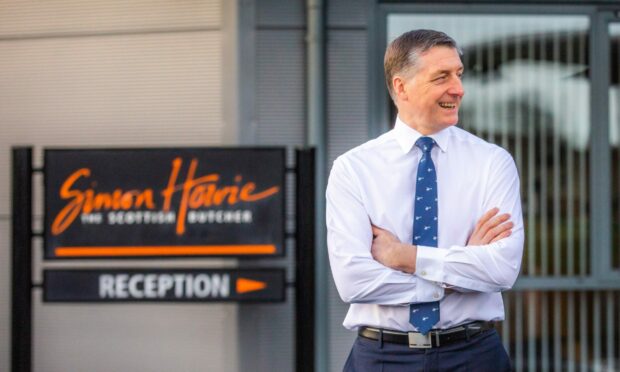
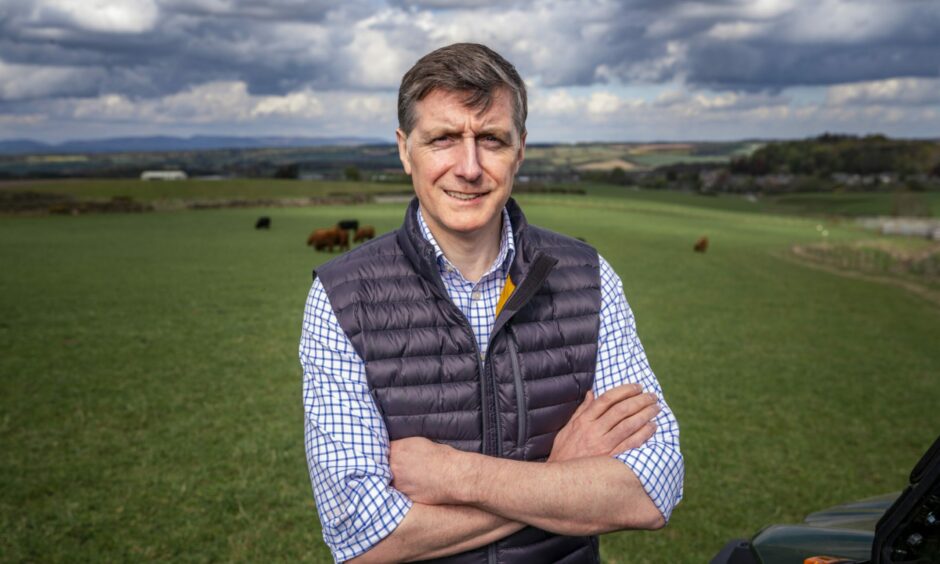
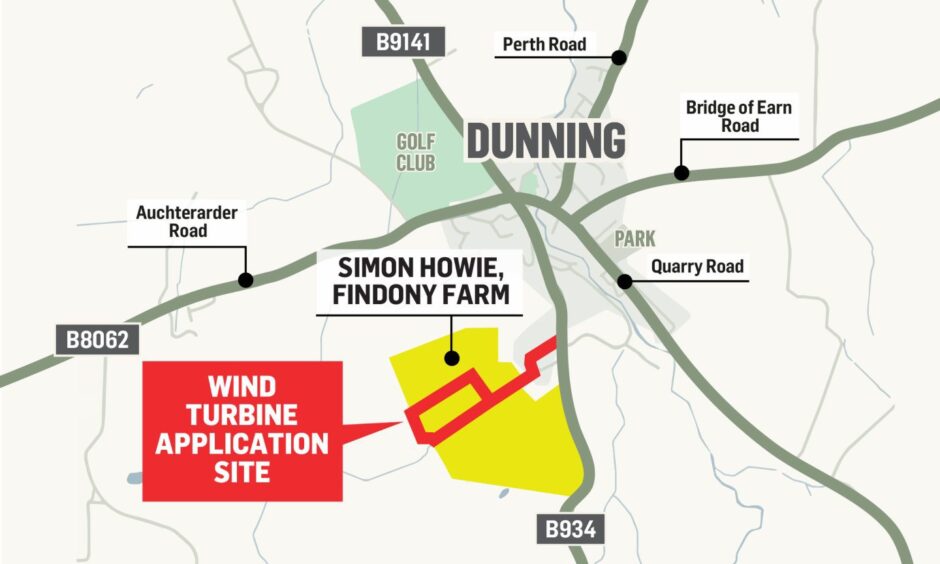
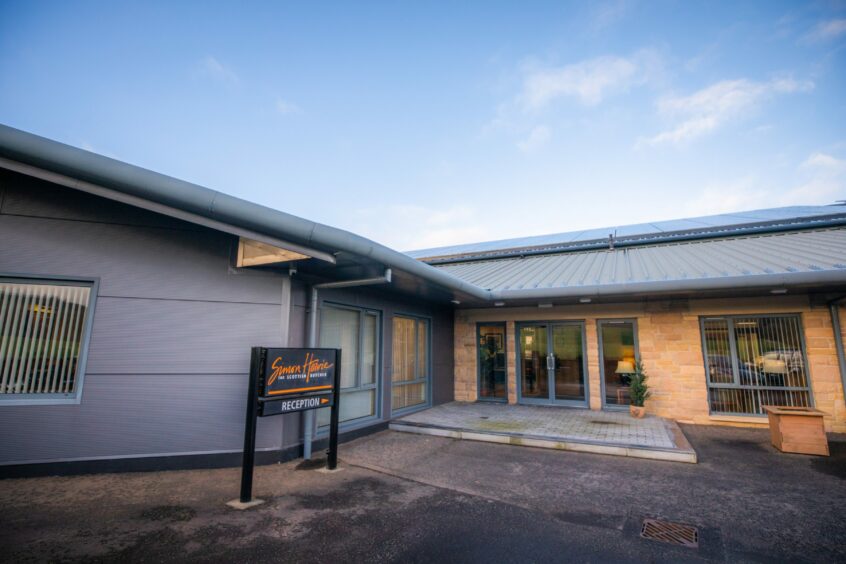
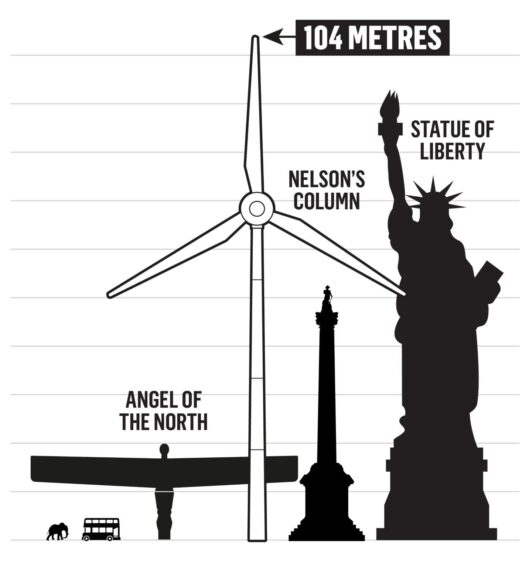
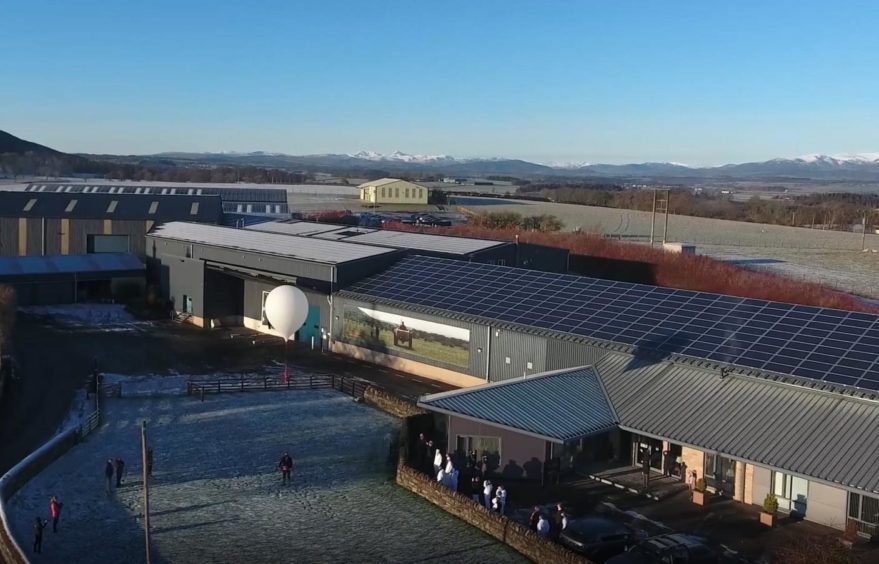
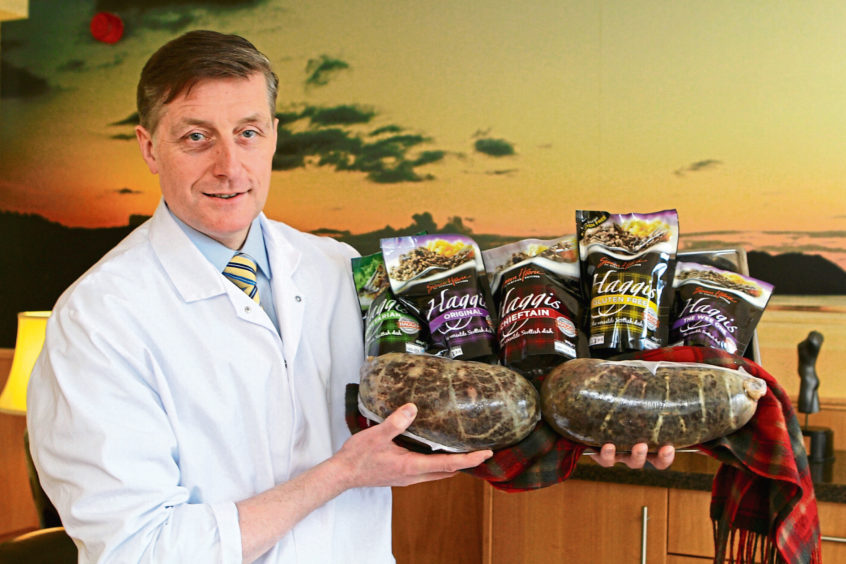
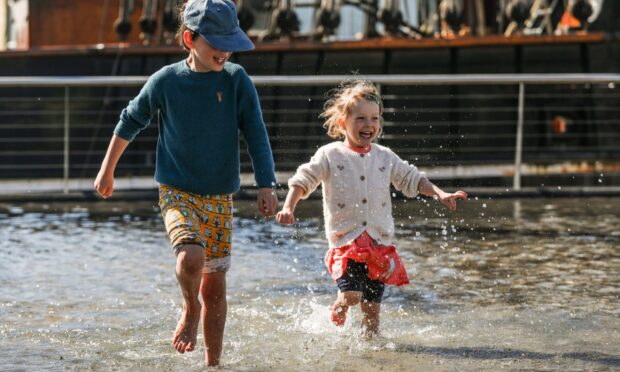
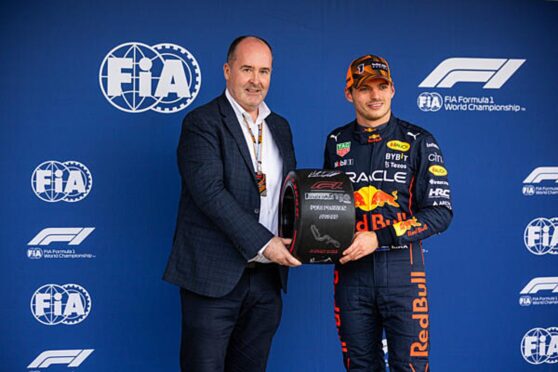

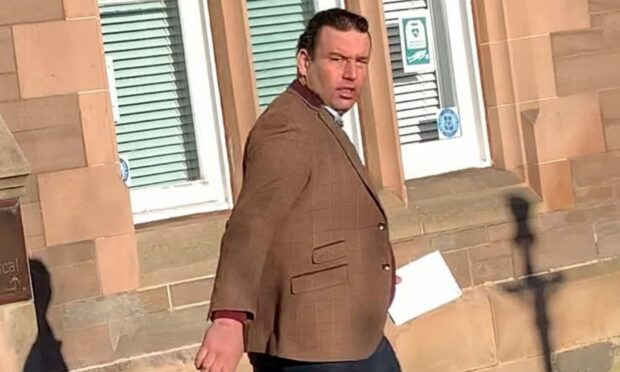

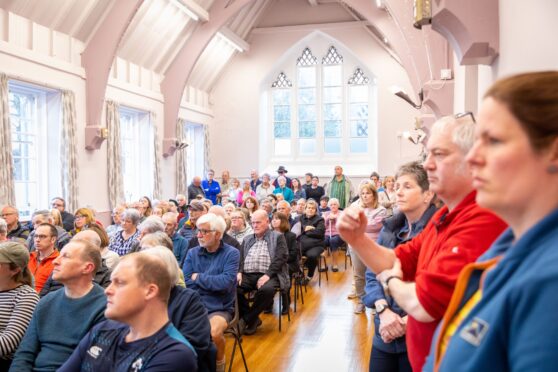
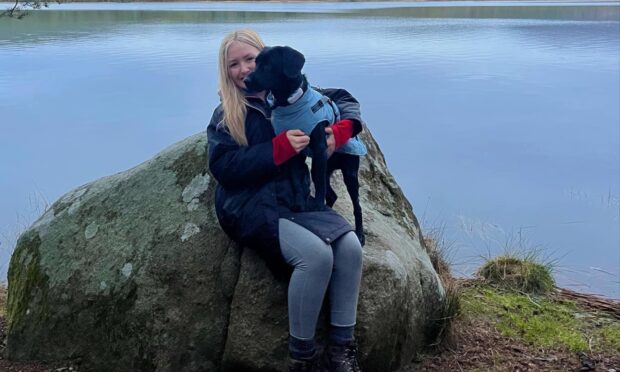
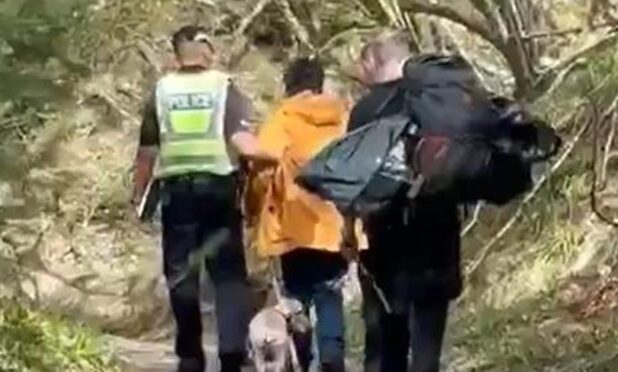

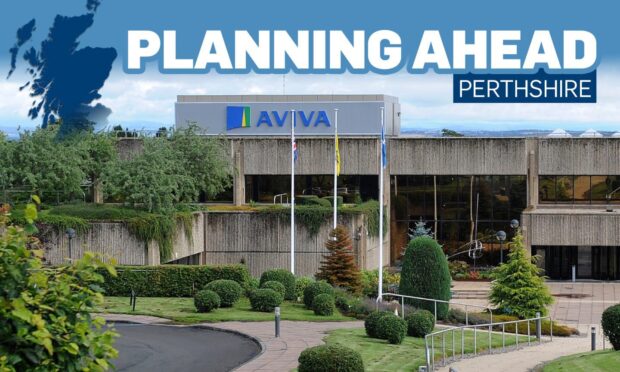
Conversation